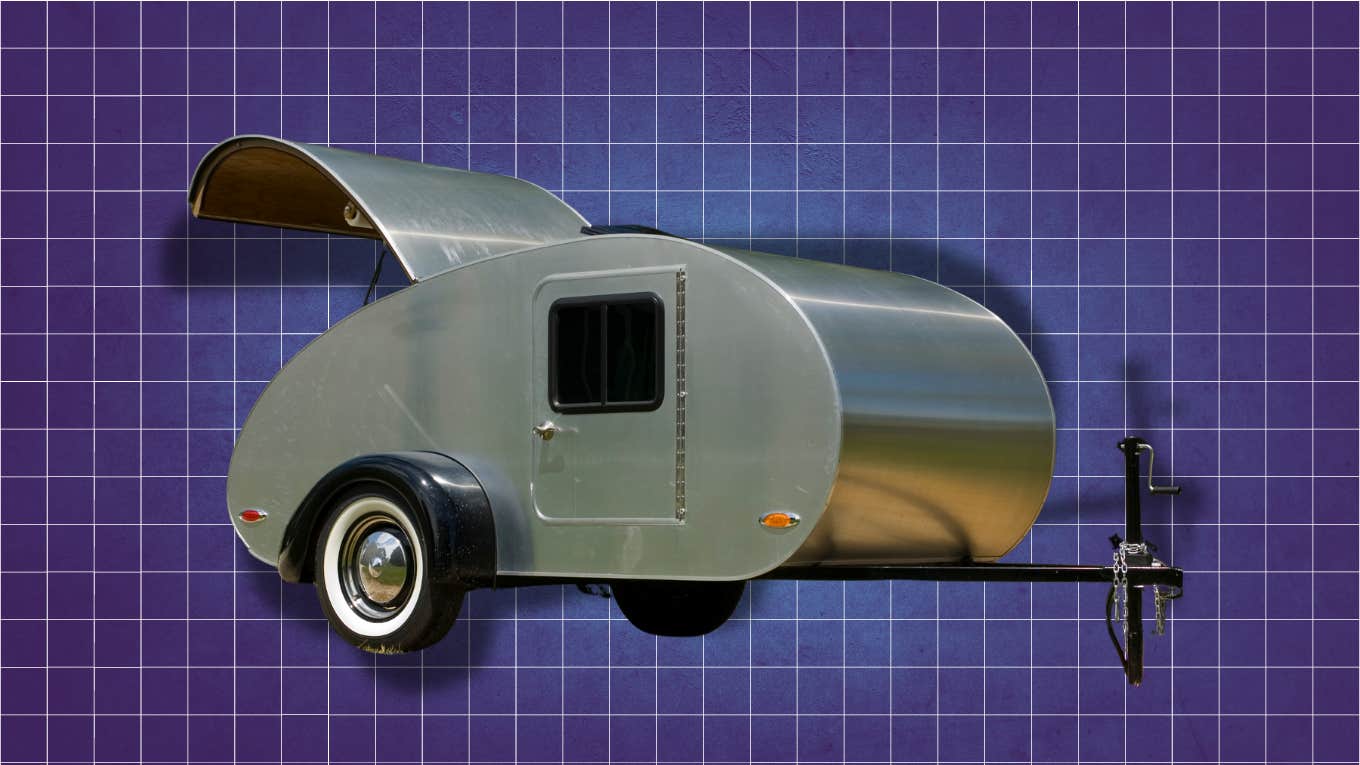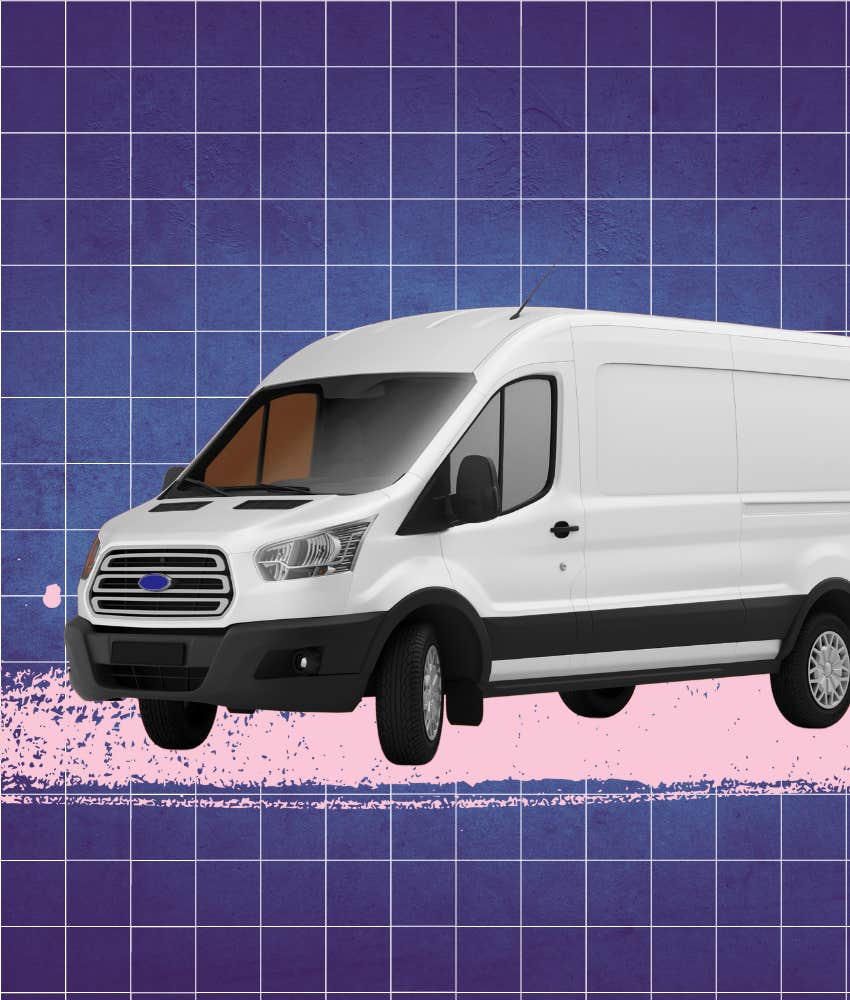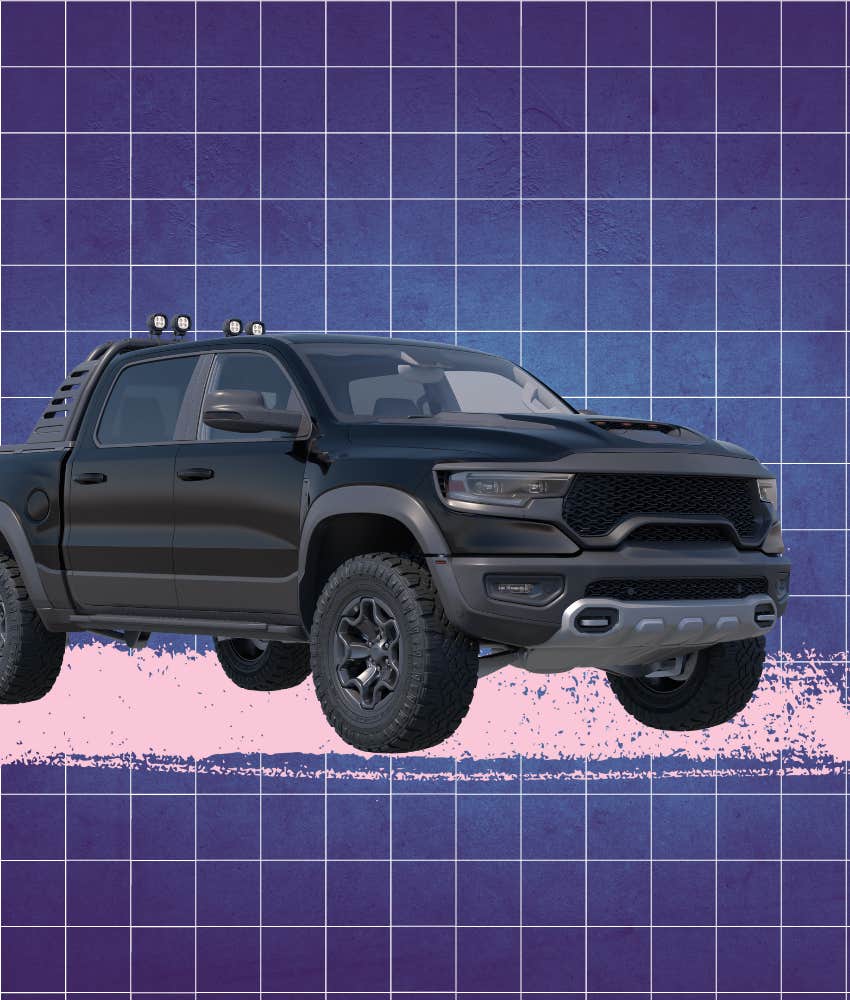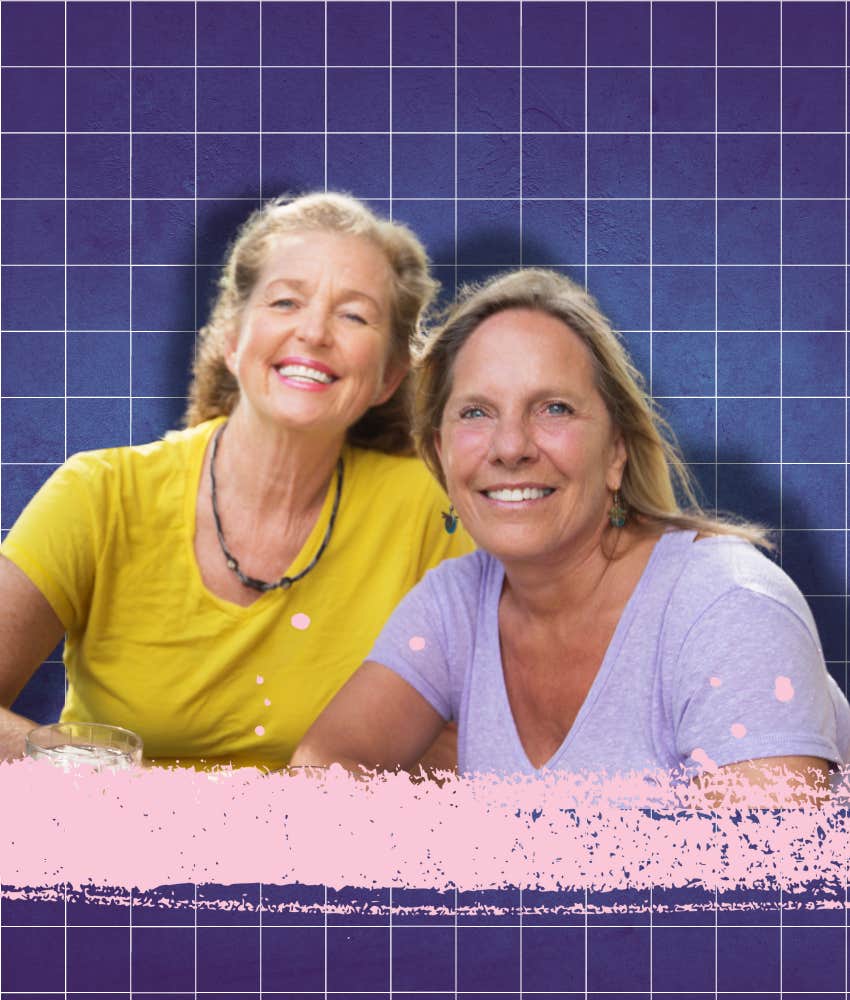We Retired Early And Moved Into A Trailer — The Secret That Makes All The Difference
Life is full of changes and challenges, especially when you live on the road.
 Westhoff from Getty Images Signature, STILLFX from Getty Images | Canva Pro
Westhoff from Getty Images Signature, STILLFX from Getty Images | Canva Pro As we drove away from our custom-built home on its large, manicured lot for the last time, we had no idea what was in store. If you’ve been following my stories, you know that we retired early from careers in the healthcare field at ages 62 (me) and 59 (my partner).
I enjoyed our house, the yard, and the neighborhood. We spent several years creating an oasis that we enjoyed immensely. That said, we both sensed that this home wasn’t our forever home. I don’t think we are the “forever home” types, to be honest. We are more “in the moment home” types. I know, we’re weird.
After more than a year on the road, I can say with complete transparency that we have not spent even one minute regretting or questioning our decision.
We converted to van life after retiring early
Initially, we intended to purchase a Sprinter van and have it converted by a reputable company in Portland, Oregon. We’d sent in a sizable deposit and had worked on the design through several conversations with the company’s owner.
We were at the crucial stage of needing to begin ordering components and had significant second thoughts. We finally realized the van wasn’t going to work for us. We wanted the freedom to detach from our future home to run errands or so my partner could drive to a nearby trailhead. After renting a converted van for the weekend, we were doubtful we could make the tight space work long-term.
 Kajicom, STILLFX from Getty Images | Canva Pro
Kajicom, STILLFX from Getty Images | Canva Pro
Our allure with van life developed during 2020, and we bought into it hook, line, and sinker. So it felt like giving up a dream when we canceled our conversion, but we held onto the hope that we’d eventually figure out a scenario that would suit us.
My partner started doing some research into owning an RV. Believe me when I tell you we never pictured ourselves in an RV. Nor did we have any experience towing a camper, let alone something big enough to live in. We were also opposed to owning a truck, which narrowed down our choices.
All this is to say that moving toward owning a towable RV was a hard sell. We attended a big RV show in Portland and found ourselves uninterested in the highly polished interiors we saw. We wanted something unique and full of personality. More research ensued.
The teardrop trailer that stole our hearts
My partner stumbled upon a unique trailer shaped like a teardrop. Unlike what you are probably picturing, our trailer is 21 feet long and is fully equipped with a queen-size bed, kitchen, wet bath, and dinette. It is also full of windows and has solid maple cabinets making it feel homier.
We purchased our trailer six months before retiring and nine months before we were slated to hit the road. This would give us plenty of time to get used to it and learn the ins and outs of RV ownership. At that point, we barely knew what a black tank was, let alone how to empty it.
Because our camper weighs just under 4000 pounds, we were convinced we could tow it with an SUV, so we traded in my sporty Honda Civic Coupe for a decked-out Honda Passport with a towing package. It took precisely one experience towing our camper to realize we’d made a colossal mistake.
The Passport has a towing capacity of 5000 pounds, and while it can tow our trailer, it isn’t equipped to be towing full time. We found that the transmission was working overtime to manage the load, and we didn’t feel in control on the interstate. We realized we would need to upgrade to a truck if we were to feel safe and confident on the road.
After several test drives, we traded our Passport for a new Ram 1500 truck. Let me tell you, I have loved owning a truck! She tows like a boss, and it’s roomie, comfortable, and tech-heavy on the inside.
 Anne, STILLFX from Getty Images | Canva Pro
Anne, STILLFX from Getty Images | Canva Pro
That was an expensive lesson to learn. But it introduced us to the one secret that has saved our asses repeatedly. That one secret can be condensed down to one word: fluidity.
The secret that made all the difference during early retirememt? Stay fluid, my friends!
I don’t know anyone who would be happy about purchasing a new vehicle only to turn around and have to trade it in for another new vehicle a month later. We certainly weren’t. But in that moment of realization, we had a choice to make.
We could get angry or be consumed with worry about the loss of money we experienced. We could complain and moan about our ignorance, or we could play the role of victim to our friends and family. We chose none of these. Do you know why? Simply because those mindsets don’t work in our favor.
It is very little we control in this life. But one thing we do control is our response to situations. That is something we all have control over. Once we realized we’d made a calculated (and expensive) error, we chose to chalk it up to a learning experience. We prioritized our safety and confidence on the road over being frustrated with the loss of cash.
Fluidity equals happiness
Life on the road is exciting, challenging, and unpredictable. There can be a certain rhythm to it, especially when traveling cross country, which I enjoy. But there are so many variables that it’s impossible to plan for every contingency.
Being fluid with our plans and expectations has been the key to happiness. We have a “plan A,” but we hold that plan loosely and are willing to change direction when needed. Instead, we remain unattached to the outcome and focus on the process and the journey.
People talk about life being a journey all the time. It’s a lovely, feel-good saying. But, it takes a determined intention to remove the focus from the outcome (or the destination). It isn’t easy to let go of our expectations and preconceived notions but doing so makes life a lot happier.
If you spent one week of your life paying attention to how much focus you give to the outcome of whatever you’re doing, I would guess you’d be shocked. When we are attached to a preconceived result, we set ourselves up for disappointment, disillusionment, and frustration. Buddhists refer to this concept as detachment.
 CREATISTA & STILLFX from Getty Images | Canva Pro
CREATISTA & STILLFX from Getty Images | Canva Pro
My partner and I gradually gravitated toward openness to whatever the day brought us. When things don’t go as planned, we stop, take a breath, and discuss options for moving forward. We regularly say to one another, “good thing we aren’t in a hurry,” as a reminder that we have the freedom to take life at our own pace.
I am not kidding when I say that our very happiness depends upon this philosophy of being fluid. I like to picture myself floating in deep water, buoyed by the waves. If you think about it, the struggle comes when we are in shallow water, trying to stand rigid in the sand. The waves buffet against us, the sand gets pulled away from our feet in the undertow, and we struggle for stability.
Staying fluid has saved us countless times. It has protected us from arguments and tension. Fluidity allows us to enjoy our life on the road no matter what bumps in the road we hit. I believe that living a fluid life is the secret to a happier life, whether on the road or enjoying your home in suburbia.
Kim Kelly (she/her) is a writer and speaker who writes about authenticity, retirement, relationships, and life on the road.

